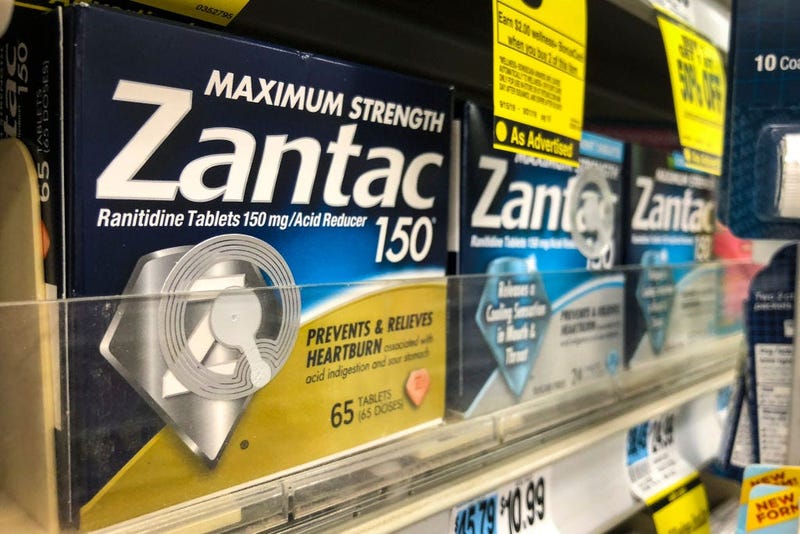
Attorney Eric Chaffin, of Chaffin Luhana, is digging into two issues greatly affecting Americans and Western Pennsylvania today: the potential for the popular antacid Zantac to cause cancer, and costly delays in Amber Alerts, which can sometimes have tragic outcomes.
According to police, a camera at a convenience store in Murrysville captured Nancy about 5:30 p.m. that night. Yet it wasn’t until hours later that the Amber Alert went out, and shortly after that, police stopped Nancy on Rodi Road. At that time, neither the child nor her car seat was in the vehicle. Police took Nancy into custody, and she was later charged with kidnapping a minor.
Police didn’t find the child until September 3rd at about 3:30 p.m. Tragically, she was dead, though the cause of death was unclear. Later, police charged Nancy with criminal homicide.
Nalani’s grandmother, Taji Walsh, is now on a mission to find out why it took as long as it did to issue the Amber Alert. She has talked to the Penn Hills Police, but so far her requests for information have been denied. She also wants the Amber Alert system changed to better protect vulnerable children like Nalani.
“The person who took her [Nalani],” Walsh said on KDKA radio, “was caught, within 11 minutes of the Amber Alert going out. It’s been my firm belief that had the information been given to the public sooner, you know, Nalani may still be here.”
When Eric Chaffin heard Walsh’s story, he had to get involved. Though his firm doesn’t typically work with Amber Alert cases, Chaffin felt a strong desire to help the family. “The intent here is not to sue the police department,” he said. “It’s simply to look at the Amber Alerts, how effective they are in terms of the general society, and in protecting children like Nalani.”
Research shows that 75% of children are killed within the first three hours of abduction, making a swift response critical to survival. The firm intends to look at the requirements the Pennsylvania system currently has, and how those may be modified to ensure effectiveness for minor children like Nalani, whose abduction was reported within 10 minutes of its occurrence.
Several verification steps must currently be taken before an Amber Alert can go out. It’s these steps Chaffin wants streamlined for vulnerable small children abducted by a stranger or acquaintance. In Nalani’s case, even after the police received the abduction report, supported by two witnesses, instead of issuing the Amber Alert, they appear to have tried to confirm details that simply wasted critical time.
NDMA has been classified by the Environmental Protection Agency (EPA) and the International Agency for Research on Cancer (IARC) as a probable human carcinogen.
The Food and Drug Administration (FDA) warned healthcare providers and the public about the issue in September 2019 and urged manufacturers to conduct their own tests. Several detected NDMA in samples and recalled their products. Zantac manufacturer Sanofi pulled Zantac off the shelves in October 2019.
Zantac was first introduced in 1983, and thousands of people have taken the medication for years. Now those individuals are understandably concerned about their propensity for developing cancer. Some have already been diagnosed, and are seeking compensation in court.
Valisure later sent a petition to the FDA, calling on the agency to recall all types of ranitidine medications from the U.S. market. The ranitidine molecule, the company explained, contains both a nitrite and a dimethylamine (DMA) group "which are well known to combine to form NDMA."
According to studies conducted by the company's lab, ranitidine can react with itself under conditions resembling those of human digestion to produce NDMA at levels above the FDA's recommended 96 nanograms per day.
Valisure pointed to a 2016 human study conducted at Stanford University, which showed that over a 24 –hour period following ranitidine intake, levels of NDMA in urine samples increased 400-fold.
Chaffin Luhana is currently investigating cases in which people took Zantac for extended periods and then were diagnosed with cancer. The manufacturers knew or should have known about the potential for ranitidine to produce NDMA, but failed to warn the public. Consumers who took Zantac or the general Ranitidine and have cancer are encouraged to contact Chaffin Luhana at 888-480-1123.
